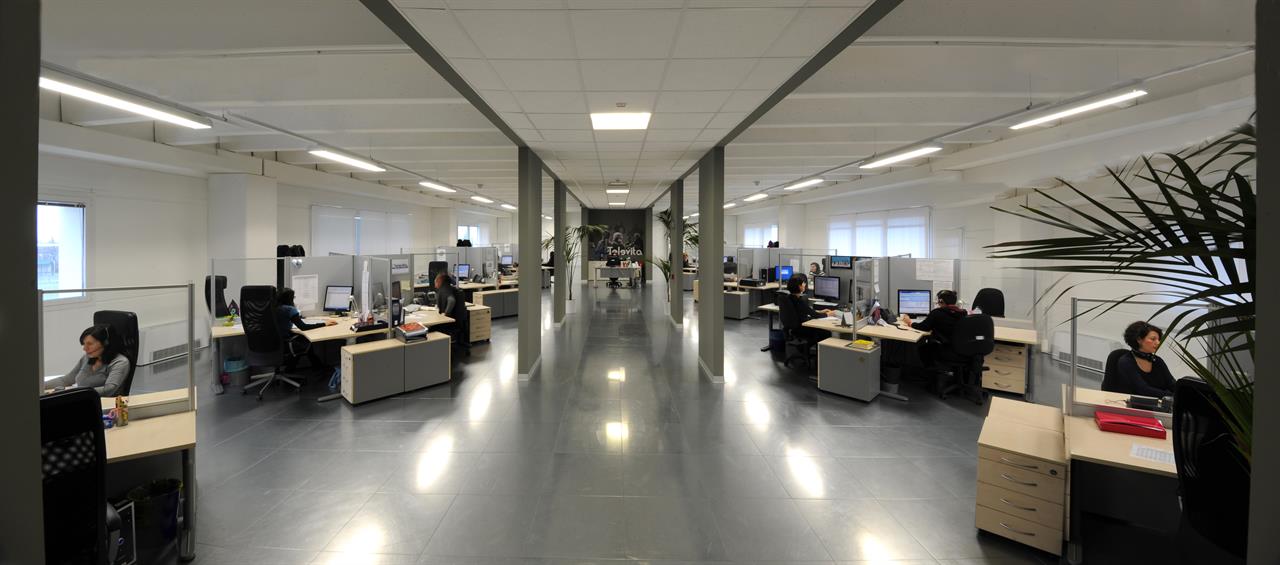During the pandemic, the benefits of telemedicine and remote care have become clear to everyone. There are those, however, who had had this vision many years before: it is Televitaa company with a social vocation based in Trieste which has been focusing on innovation in telematic health and social services for over 35 years. “The idea was born when I worked in an office that did teleassistance”, he recalls Michele Flaborea, president and chief executive officer of the company. «Franco Rotelli lived nearby (the former director of the Trieste health authority, ndr), with whom I often went to drink coffee. He spoke to me about the territory, about home care, about hospitals where one should stay as little as possible, and then be followed at home. I began to document myself and read about what was being done around to meet these needs”. Today, Televita has grown a lot: it has trained over 200 people and five operations centres, it is also expanding into other Regions, such as the Emilia Romagna, Lombardy and Sicily. The sectors in which it operates are mainly three: telecarecentro serivizi e call contact center.
The first area includes teleassistance, home automation and telemedicine activities, which aim to guarantee fragile people – the elderly, the disabled and patients suffering from chronic diseases, for example – «Friuli Venezia Giulia is one of the two Regions to have a very complete law on teleassistance», explains Flaborea, «which anticipated what is read today in the Pnrr». The company has established a network with a whole series of actors in the area, with whom it is in contact to manage the emergencies of those most in difficulty. «It can happen that an elderly person calls to ask for help», says the president, «because perhaps he has fallen and is unable to get up. But it also happens that the person raises an alarm because she felt bad and then can’t answer. We have agreements with the most important supervisory institutes in the Region in order to help people open the door”. From teleassistance to telemedicine, the step is short. «We give patients with chronic diseases gods device very simple that measure the parameters and send the data to the operations centre, where there is a trained person who checks that there are no alert»Flaborea explains. “If, on the other hand, there are results that give cause for concern, the operator calls the patient back, asks him to repeat the measurement, explains how to do it best, and then alerts the doctors in case he is needed”.
This activity, which proved very useful during the pandemic, actually began at Televita as early as 2008, through a project, “Dreaming”, shared with seven other European countries. Now the company has three telemedicine initiatives, one of which, launched together with the neurology department of Trieste, is particularly representative of a winning relationship between the public and private sectors. «During the Covid-19 epidemic, hospitals needed to send people affected by stroke home as soon as possible, but, at the same time, doctors had to be able to calibrate the drugs daily on the basis of the analyzes and the values found » says the president. «Thanks to the project we have started, patients have been able to go home, with a whole series of measuring devices; an operator called three or four times a day, for checkups as directed by the department. If this was not the case, the doctor was immediately contacted ». Televita staff is continuously updated with new training courses, in order to be able to give the most complete and multidisciplinary response possible to users’ needs. Also social and psychological support, when needed. «I myself do many hours of training every year», comments Flaborea. And, from here, the jump to the company’s second sector of intervention goes without saying, a center of telematic services that support the welfare and health system, facilitating the taking charge of the most fragile subjects. The activities are varied, from information centers to listening centers, through the computerized management of assistance projects and the monitoring of subjects at risk.
